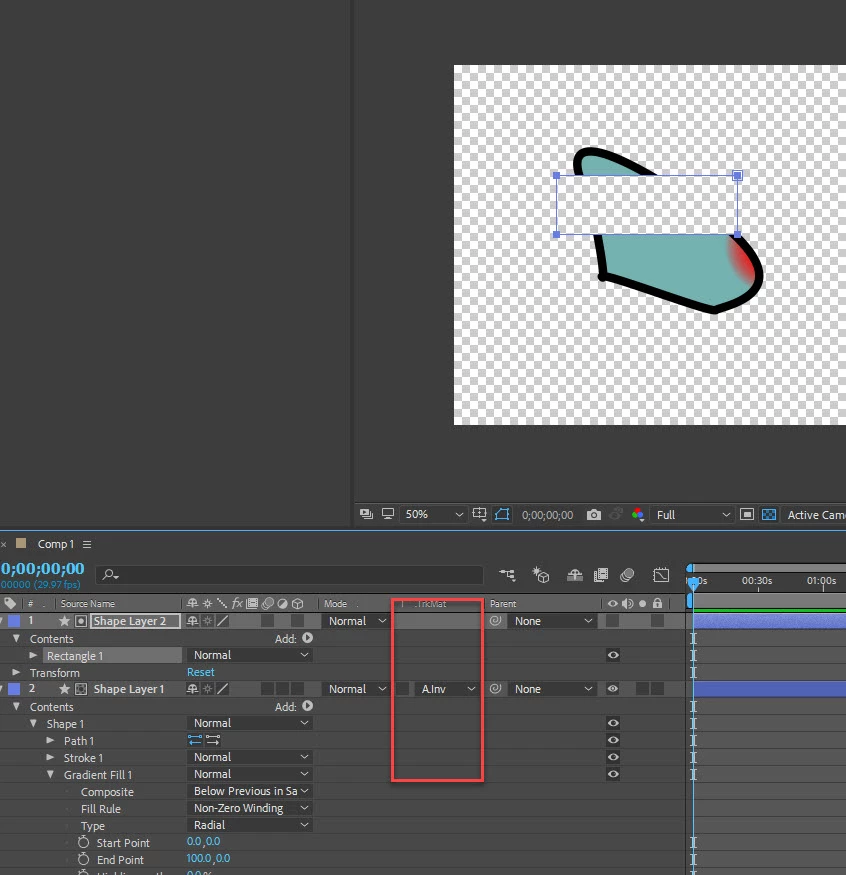OK. Well while you can animate a mask independently of the layer it's applied to in AE unfortunately you can't animate the layer independently of the mask. So apart from trying to manually "counter-animate" the mask, which is fine way to waste time, the worlflow is to use a track matte which is pretty simple.
You just create a black or white (0 or 1, true or false) layer in the shape of the mask directly above the layer you want to mask and set the TrkMat drop down.
To avoid having to recreate the mask you can duplicate the mask above the layer and use a fill effect on it or you can convert the mask to a shape using
"Masks to Shapes" script available here redefinery.com: rd: scripts
The matte needs to stay directly above the layer so if you run into problems due to the stacking order you'll have to pre-compose the layers.
Use alpha channels, masks, and mattes in After Effects
On the help page I linked look to the right where it lists links of what is on the page and down toward the bottom you should see the link for "track mattes & travelling mattes"



